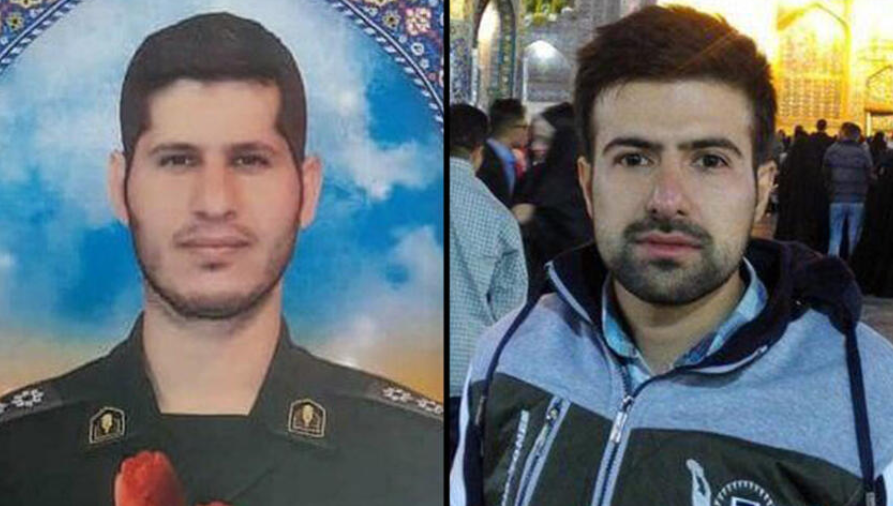
Ali Kamani and Mohammad Abdous – assassinated by Israel?
A number of incidents and high-level comments indicate that the non-conventional confrontation between Iran and Israel is intensifying.
Some experts describe the situation as a matter of Tel Aviv taking matters in its own hands with regard to weakening Iran, but the two sides have in fact been engaged in a shadow war for a long time.
A new Israeli campaign has been dubbed the Octopus Doctrine by Israeli prime minister Naftali Bennett, who recently told a parliamentary session, ‘In the past year, the state of Israel has taken action against the head of the terrorist octopus and not just against the arms as was done in previous decades.’
On 12 June, the Islamic Revolutionary Guard Corps’ (IRGC) aerospace division member Ali Kamali was reportedly killed in a car accident. The next day, Ministry of Defence official Mohammad Abdous was killed during another mission. The events happened in the two central provinces of Markazi and Semnan. Iranian officials have described the two individuals as ‘martyrs,’ indicating that they were assassinated, potentially by Israeli intelligence.
On 14 June, an explosion at a chemical plant in Fars province injured at least 133 people, but it is not clear whether the incident was accidental or an act of sabotage.
What is clear is that Israel has escalated its campaign of sabotage and assassinations in order to increase pressure on Iran. At the same time, US officials have asked Israel not to target Iranian nuclear scientists as long as the Vienna talks continue.
This means Israeli intelligence will focus primarily on non-nuclear sectors, such as chemical plants, aerospace facilities, and drone and missile programmes.
Of course, non-military warfare between Tehran and Tel Aviv is not a one-sided affair. Iran also harms Israeli targets through cyberattacks, assassinations, and other means, but Israel does not publicise such incidents. In fact, former IRGC commander-in-chief Mohammadali Jafari recently remarked, ‘If the Zionist regime [the Iranian term for Israel] executes one operation, they know that they receive multiple responses.’
Some Iranian strategists argue that the only way to pressure Israel into dialling back its activities is to return to the Joint Comprehensive Plan of Action (JCPOA) and to ask Washington to curtail Israeli action.
Others argue that there will be no end to the rivalry between the two regional powers as long as they compete for regional hegemony. In the Syrian theatre, where Iran and Israel were at risk of a limited military clash, Moscow managed to keep a lid on escalation, but a changing degree of Russian involvement in Syria may also alter these dynamics.
In any case, non-military confrontation between Iran and Israel continues and is gradually widening. Israeli intelligence circles have warned, for example, that Iran may target Israeli tourists in Türkiye. There are also signs that Israel has expanded its campaign to target Iranian operatives around the world.
How far this confrontation will go depends on a number of other political processes, especially negotiations to return to a nuclear agreement.
This excerpt is taken from Iran Strategic Focus, our monthly intelligence report on Iran. Click here to receive a free sample copy.The June 2022 issues of Iran Strategic Focus also includes the following:
Commentary:
- Iran switches off nuclear cameras after IAEA censure
- The view from Tehran, Washington and Europe
Politics & Society
- Protests intensify
- Underground nuclear facility
- Iran–Israel shadow war
Special Feature
- The need for rapid economic surgery
Profile
- Minister of Labour, Welfare, and Social Affairs – Hojjatollah Abdolmaleki
Economy & Energy
- Currency crunch
- Iran–Europe trade
- Iran–Russia MoU
- Iran–Venezuela relations
- The economic impact of dust storms
- US designates cross-border companies
- Iraq pays Iran



